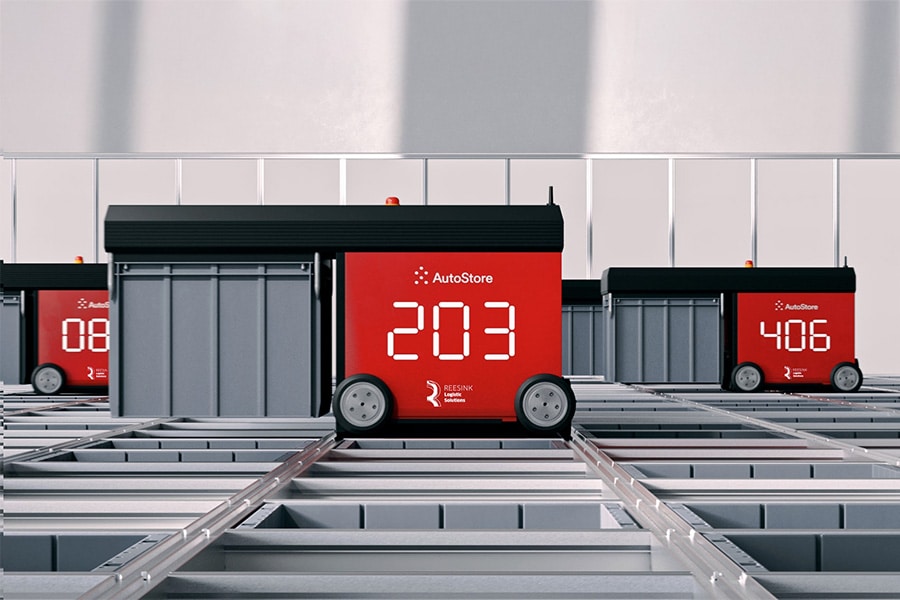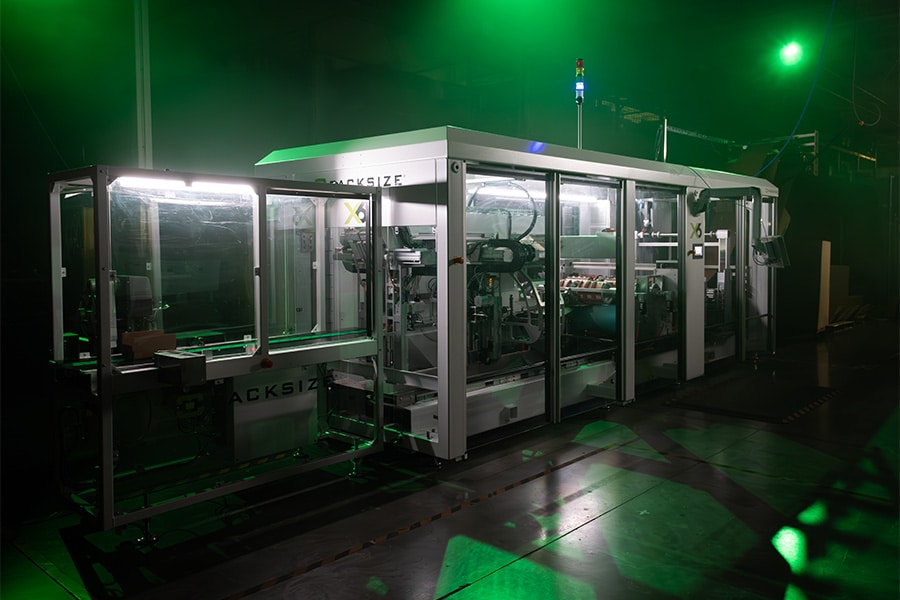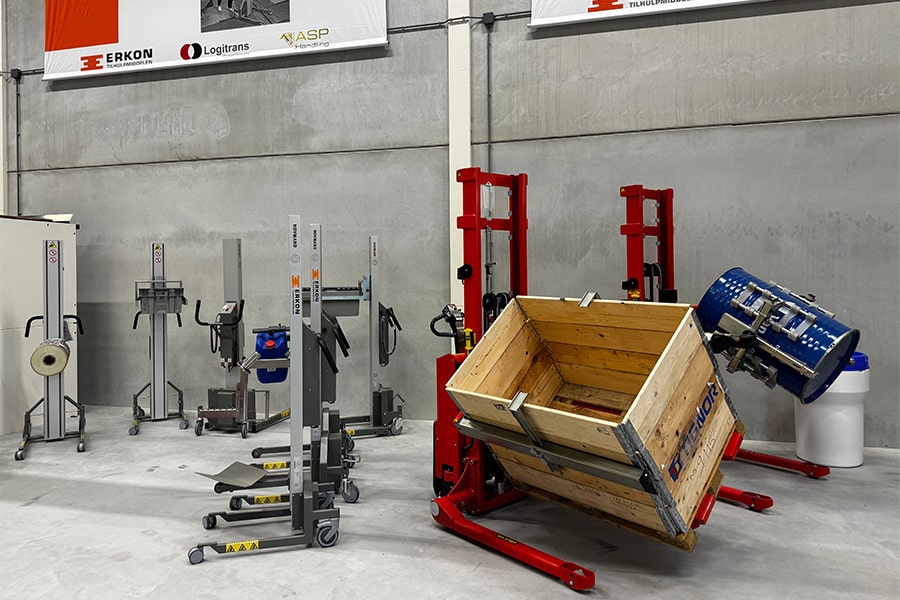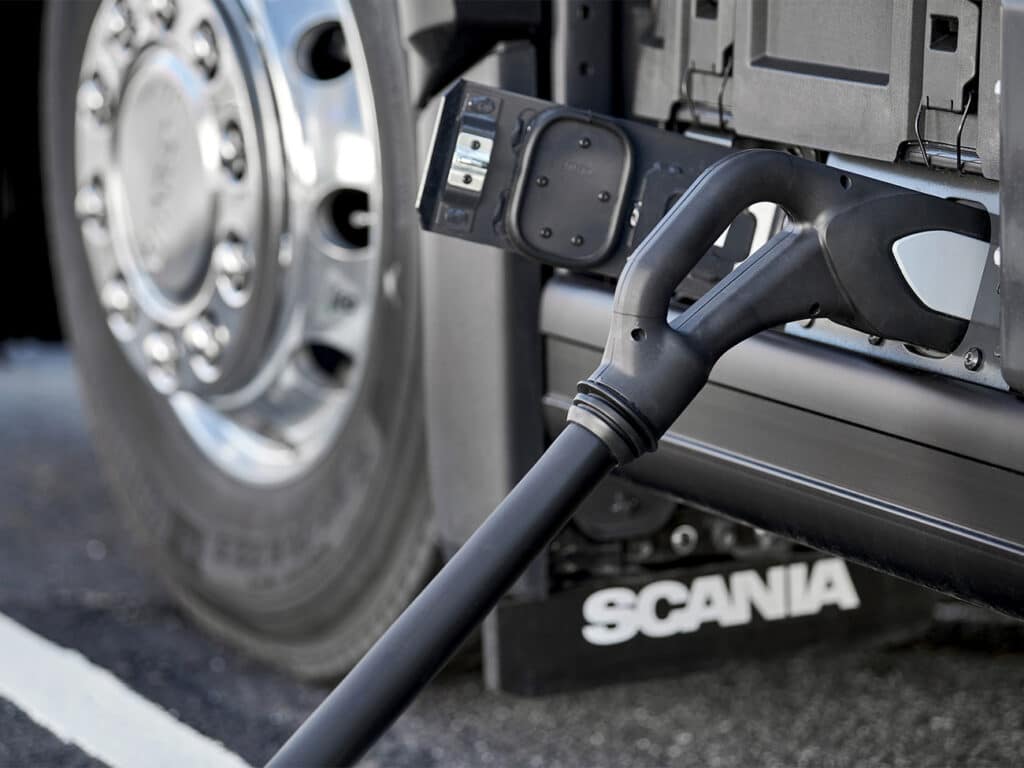
Scania bets on full-electric
Truck manufacturer Scania is following several paths when it comes to making trucks more sustainable. "This is necessary because there are diverse transport tasks, each of which requires a customized solution," the brand says. In addition to the familiar diesel, Scania is also a household name when it comes to Bio-LNG and offers both hybrid and plug-in hybrid trucks. A 100% electric version has also recently become available, giving the brand a remarkably broad offering.
Energy efficiency, renewable fuels and electrification are the three guiding principles for the policy within Scania, with smart and safe transport being the top priority in all circumstances. The Swedish manufacturer takes a clear position towards its customers when it comes to sustainable technology: "We want to offer all possibilities, because the optimum differs from customer to customer and from deployment to deployment," says Scania. For example, there are customers who travel longer distances with heavy loads. To help those with the necessary reduction in CO2 emissions, an LNG truck can be the ideal solution.
For every application
Scania makes no secret of the fact that battery-electric technology is becoming increasingly central to the company's business. "Early on, we supplied hybrid trucks, which allow our customers to drive whisper-quiet and fully-electric through city centers. By opting for the plug-in hybrid variant, the part of the trip to be traveled emission-free can be further extended."
Meanwhile, Scania is working hard to offer battery-electric trucks. The first variants of these are now available in the Netherlands. This is a rigid truck with either two or three axles and a maximum GVW of 29 tons. Here, depending on the wheelbase, the customer can choose between five or nine batteries and still retain a respectable payload. Customer and driver enjoy a quiet and powerful truck that has a respectable range and a usable payload.
Scania says it is confident that battery technology is developing rapidly. The manufacturer is working with Swedish partner Northvolt to develop that technology. Near the truck factory in Södertälje, the brand is building a large battery factory that will be operational in 2023. A new battery lab with test halls will also be built there in order to remain at the forefront of the rapid development of contemporary battery technology.
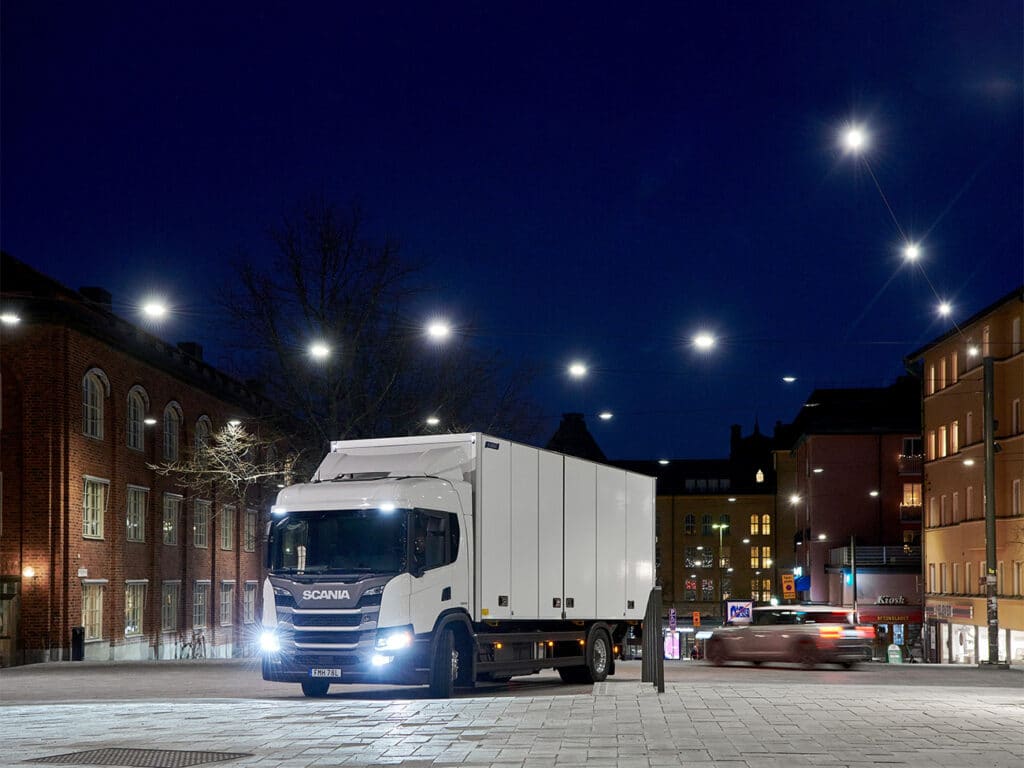
Protecting customers
Scania wants to keep its customers from making an overnight decision when switching to electric trucks. The manufacturer first offers potential customers a preliminary study that looks at how and where best to charge the electric truck and the costs involved.
Scania now has numerous practical cases and thus the necessary experience of actually switching from diesel to electric driving. Scania can also produce such studies for construction companies; after all, many construction vehicles have to work in urban areas. And this is precisely where we will see the emergence of so-called zero-emission zones in the coming years.
Hydrogen trial
Scania is experimenting with the development of a hydrogen-powered truck. Several tests are currently underway in Europe. Hydrogen, according to Scania, is interesting and complementary when battery-electric trucks fall short when it comes to range, availability of charging facilities or space on the chassis to mount batteries.
One follows developments closely and emphasizes that when the opportunities and the market are ripe, the brand will have the right product offering. That includes hydrogen-powered vehicles. As early as 2030, Scania expects half of the brand's European truck sales to have a fully electric powertrain. Scania is therefore fully committed to this.
